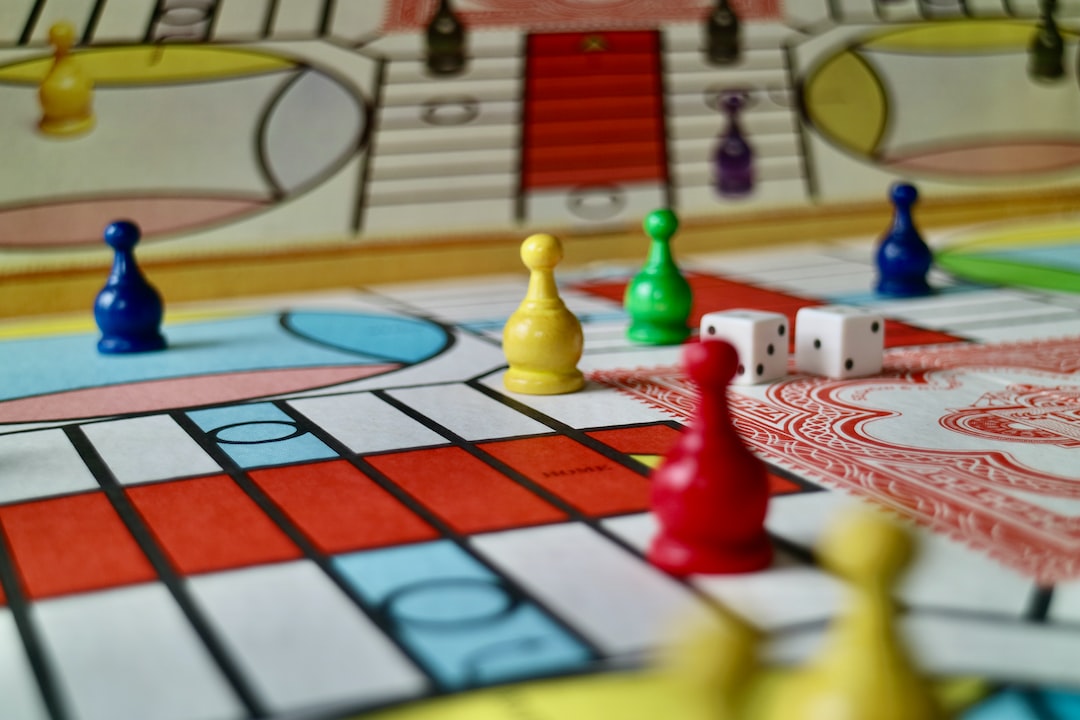Exploring the Impact of Video Games on Mental Health
Video games have come a long way since their inception. From simple, pixelated graphics to immersive virtual worlds, they have captured the attention of millions of people worldwide. While video games have often been associated with negative stereotypes and blamed for various societal issues, it is important to critically examine their impact on mental health.
For many individuals, video games serve as a form of relaxation and escapism. They offer an opportunity to detach from the stresses of daily life and transport oneself to a different realm. In this sense, video games can be regarded as a form of self-care by providing an outlet for stress release. Engaging in an interactive and challenging gameplay experience can help individuals step away from their problems and momentarily forget about their worries. This temporary distraction can have positive mental health benefits, allowing individuals to recharge and regain a sense of balance.
Moreover, video games can foster social connections and support networks. With the rise of online multiplayer games, people from different parts of the world can join forces and collaborate on various quests and missions. This not only helps individuals develop teamwork and communication skills, but it also allows them to build friendships and a sense of belonging. These connections can be particularly beneficial for individuals who may struggle with social interactions in the real world, providing them with a safe space to interact and develop meaningful relationships.
Additionally, video games have been shown to have cognitive benefits. Many games require problem-solving skills, critical thinking, and quick decision-making abilities. These mental exercises can enhance cognitive functions and improve memory recall. Research has suggested that certain video games, such as puzzle or strategy games, can potentially slow down cognitive decline in older adults and even improve their cognitive abilities. This indicates that video games can serve as a form of brain exercise, stimulating various regions of the brain and promoting cognitive health.
On the other hand, it is essential to acknowledge the potential negative impact of video games on mental health. Excessive and uncontrolled gaming can lead to the development of an addiction, commonly known as gaming disorder. This addiction can manifest itself in a variety of ways, such as neglecting personal hygiene, experiencing withdrawal symptoms when not gaming, and sacrificing important aspects of life, such as education or work, for the sake of gaming. Gaming disorder can have severe consequences on an individual’s mental and physical health, including increased anxiety, depression, and sleep disturbances.
Moreover, the content and themes within video games can have an influence on mental health. Some games contain violent or aggressive elements, and excessive exposure to such content can desensitize individuals to violence and aggression. This, in turn, may lead to increased aggression and a desensitized attitude towards real-life acts of violence. Furthermore, certain games may perpetuate negative stereotypes or unrealistic body images, contributing to low self-esteem, body dissatisfaction, and poor body image perception among players, especially in vulnerable populations such as adolescents.
It is crucial to establish a healthy balance when it comes to video game consumption. Setting boundaries and time limits can help prevent excessive gaming and promote a more balanced lifestyle. Engaging in other recreational activities and hobbies, such as physical exercise, reading, or socializing, can help create a well-rounded lifestyle that prioritizes mental health and social connections.
Furthermore, education and awareness campaigns can play a vital role in informing individuals about the potential risks and benefits associated with video games. Parents, teachers, and mental health professionals should encourage open and honest conversations about gaming habits and monitor the content and duration of gameplay, particularly in younger individuals.
To conclude, the impact of video games on mental health is a complex and multifaceted issue. When approached with moderation and mindfulness, video games can offer numerous mental health benefits, such as stress relief, social connections, and cognitive stimulation. However, excessive and unregulated gaming can have detrimental effects on mental health, leading to addiction, increased aggression, and body image issues. By advocating for a balanced approach and promoting awareness, society can strive to harness the positive potential of video games while minimizing the negative impact on mental health.
